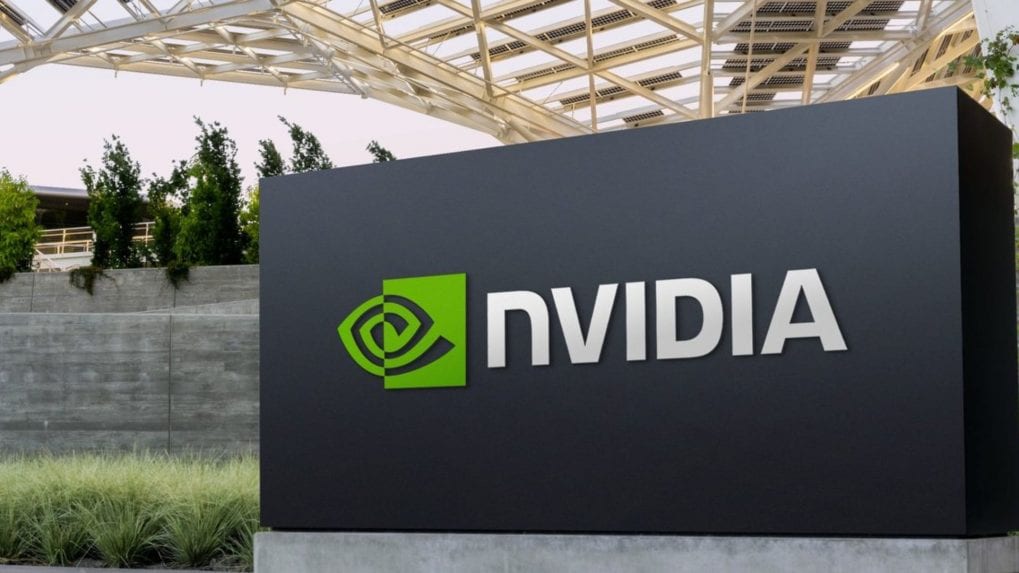Advertising
From Pink Slips to Silent Sidelining: Inside adland’s layoff and anxiety crisis

Nvidia on Thursday announced a $5 billion investment in Intel, cementing a new alliance between the AI leader and the struggling American chipmaker, Reuters reported.
The pact goes beyond a simple cash infusion: Nvidia and Intel will jointly design chips for data centers and PCs, combining Nvidia’s AI-accelerated GPUs with Intel’s CPUs through proprietary “speedy link” technology that enables faster chip-to-chip communication. The collaboration positions Intel as a direct rival to AMD and Broadcom in the race to build AI servers, while potentially challenging Taiwan’s TSMC, which currently manufactures Nvidia’s flagship processors.
Under the deal, Nvidia will acquire Intel shares at $23.28 apiece, making it one of Intel’s largest shareholders with a likely stake above 4%. The investment follows recent cash injections from SoftBank ($2 billion) and the U.S. government ($5.7 billion), adding to Intel’s war chest as it tries to regain relevance.
Notably, the deal does not include Nvidia outsourcing chip manufacturing to Intel’s foundry business, a move many analysts see as critical to Intel’s survival. For now, Nvidia will continue relying on TSMC. Still, the collaboration gives Intel access to Nvidia’s ecosystem and a chance to profit from every Nvidia-powered AI server.
For the PC market, Nvidia will also provide Intel with a custom GPU to package alongside Intel’s processors, a move that could tilt competition against AMD.
Calling the partnership “historic,” Nvidia CEO Jensen Huang said, “Together, we will expand our ecosystems and lay the foundation for the next era of computing.”
While the companies declined to disclose timelines for their first joint products, they confirmed that “multiple generations” of chips are already in the works, signaling that this alliance is more than a short-term experiment.
From purpose-driven work and narrative-rich brand films to AI-enabled ideas and creator-led collaborations, the awards reflect the full spectrum of modern creativity.
Read MoreLooking ahead to the close of 2025 and into 2026, Sorrell sees technology platforms as the clear winners. He described them as “nation states in their own right”, with market capitalisations that exceed the GDPs of many countries.